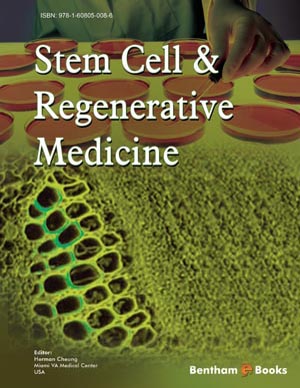Abstract
Therapeutic angiogenesis represents a molecular and cellular approach to the treatment of CAD that may be an alternative or additive to traditional pharmacology and interventional cardiology. The goal of angiogenic therapy is to activate endogenous angiogenic and arteriogenic pathways and stimulate revascularization of ischemic myocardial tissue. The feasibility of such a strategy has now been established through the results of studies over the past two decades, and clinical trials involving more than 1000 patients have been implemented. In this review we will discuss the results from these trials, tracing the progression of the technology from the delivery of recombinant proteins through gene and stem cell therapies. Critical evaluations reveal that neither proteins nor genes delivered by transient expression vectors provide an optimal therapy. Similarly, stem cell therapy is not achieving the level of improvement that was expected or predicted from preclinical results. The future of therapeutic angiogenesis lies in the use of permanent gene delivery vehicles expressing regulated genes and/or stem cells appropriately engineered with regulated genes.






















